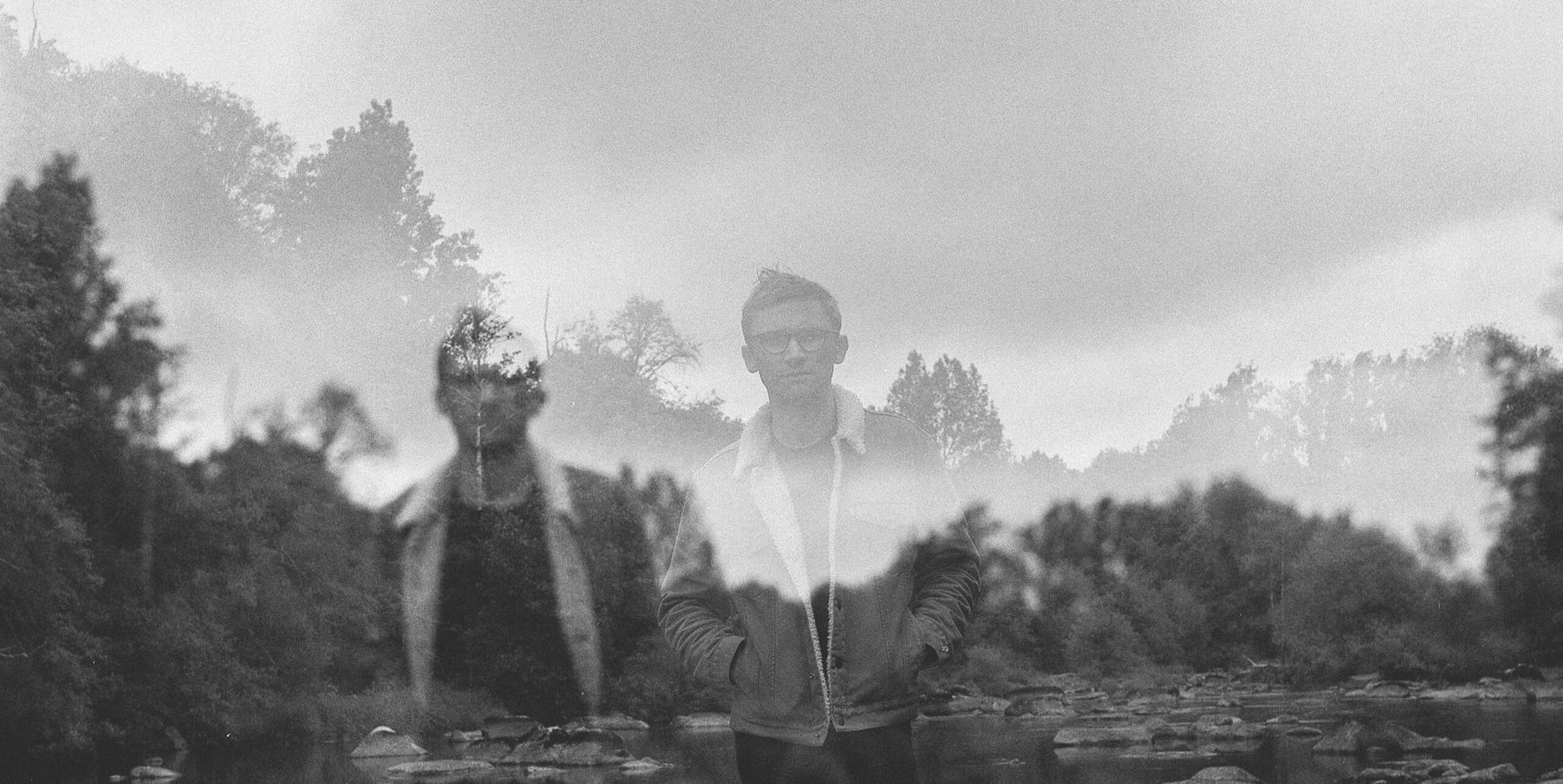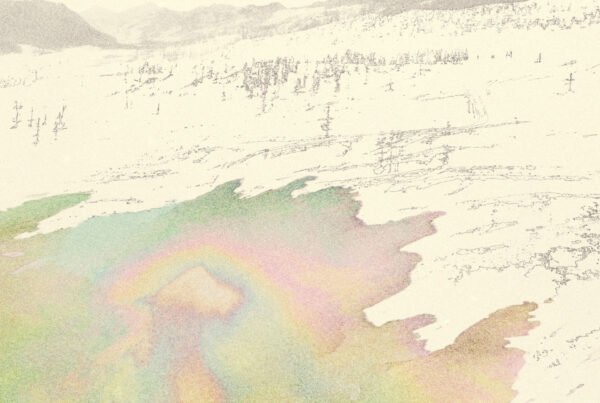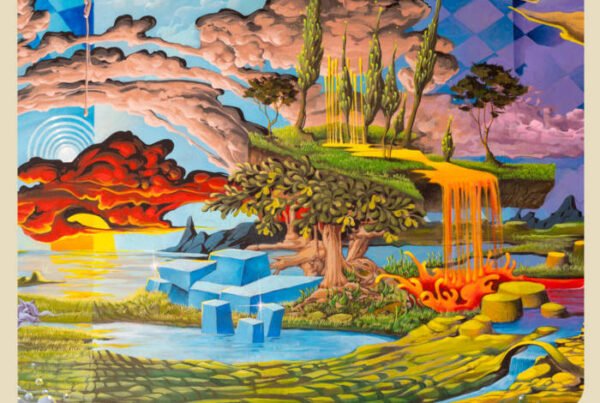Ô Lake – a name derived from the poem Le Lac by French poet Alphonse de Lamartine – is the piano-centric neoclassical project by Sylvain Texier, who previously channeled his musical energies into the electronic post-rock of Fragments. Still – titled after the sense of calm and immobility Texier sought to evoke (and counterpoint with sudden bursts of rhythm) – is the second album he recorded under this moniker after 2019’s Refuge. I previously had the opportunity to premiere one of the album’s tracks (“Innocence”), which is what ultimately led me to review the whole thing; gripped by the single’s simple but emotive tone, I was enticed to find out what the rest of Still might sound like.
Together with a 40-piece string orchestra and some additional guest musicians, Texier has created an album of deep calm and rapturous movement, an almost oxymoronic collection of compositions that exude a fervent tranquility. There are moments of absolute, unmoving stillness, yes; this much is quite true to the album’s title. But we’re also treated to some heart-pounding moments of thunderous drums and electronic beats, hitting like ripples in an otherwise undisturbed body of water.
Along with the aforementioned “Innocence”, “Funeral” (dedicated to Texier’s late father) makes use of the so-called felt piano technique. I’ve mentioned it before in my premiere of the former song, but I must make note of it once again, simply because the soft touch that results from this treatment of the upright piano is truly one of my favorite sounds to be drawn from this already wonderful instrument. Texier uses it to great effect on this moving piece, evoking a true sense of loss and loving remembrance through the gentle flow of melancholy notes he draws from his piano.
Elsewhere, his main instrument of choice mingles beautifully with the orchestra (“Everest”, “December 30th”) or contests with it against an unexpected onslaught of drums (“Night Moves”). Songs like “Avalanche” and “Here” place it into an electronic music context, which not only expands the overall Ô Lake palette but also enriches the listening experience by wandering between multiple sources of inspiration. Perhaps Texier found that his more electronica-leaning past as Fragments wasn’t mutually exclusive with his current interests after all?
One of my favorite moments on Still is the transition between its final tracks, “Distance” and “Motion”. The former, a lively solo piano piece that trickles forward like a small, babbling brook (if you’re really quiet you can even hear the mechanism of the piano bleed into the recording) ends abruptly after the orchestra has begun to settle in, leading directly into the dramatic start of the latter. “Motion” then builds up around the strings, piano, and a heavy beat, before ending on a drawn-out section of synth and piano. Even with the electronics front-and-center, these elements never become overbearing when set against the more ‘traditional’ instrumentation employed by Texier et al.
‘One evening, do you remember? We were floating in silence; there was nothing to hear from afar, on the waves, under the sky, but the sound of rowers rhythmically beating against your harmonious waves.’ This is one stanza of de Lamartine’s poem that gave Ô Lake its name, and I feel like it represents the sound of Still quite well. Floating in silence, harmonious waves – those are the neoclassical, piano-driven pieces, while the rowers rhythmically beating stand for the electronic, surprisingly beat-heavy compositions Texier sprinkled in between them. As a result, Still is full of satisfying contradiction, its soft-spoken and heavy-hitting parts complementing each other beautifully.
Header image courtesy of Thomas Dilis






